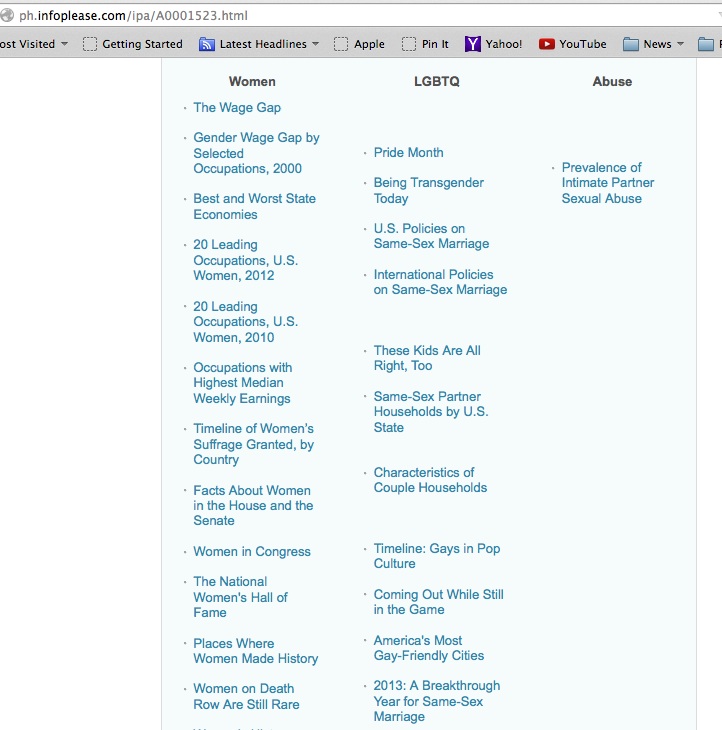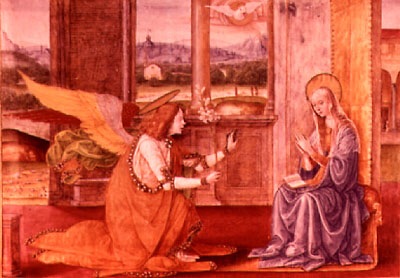 Whose Students Are They Anyway?
Whose Students Are They Anyway?
Apparently, many of our Catholic schools are using textbooks already aligned to Common Core, but at the time I began writing this the curriculum had not been fully developed as to what standards are being kept (the alleged wheat) and which ones are being left behind (the chaff). (As Steven Jonathan Rummelsburg explains, with CC there is no baby to spare when throwing out the bathwater.) Even if the curriculum is not changed, it is the methods and educational approach used in the textbooks that are the problem. Pearson and Achieve have manipulated the companies into adopting a nonsensical and progressive approach to presenting material. Therefore, it is important to remember that it is possible for students to be exposed to materials that are aligned to CC but are not necessarily appropriate for, or even required by, the Diocese. In some schools, these textbooks are purchased by the state as part of Pennsylvania’s Act 195/90 whereby the state purchases textbooks and instructional materials of non-religious items.
According to the PDE website:
Private and Nonpublic Schools (Kindergarten through Grade 12) which are licensed or registered with the Department of Education, excluding nursery schools, can participate in the Acts 195/90/35 Programs, which provides for the loan of textbooks, instructional materials and equipment to Pennsylvania students enrolled in private/nonpublic schools. In order to participate, each school must submit to the Department of Education an enrollment report indicating the number of students enrolled in the school as of October 1st of each year. Based upon the number of students, a per diem is calculated per eligible student which totals to an allotment for each participating school for the following school year. “
These state-supplied and owned texts are marked “Property of the Commonwealth of PA” inside the front cover. They might as well stamp this on our children’s foreheads at this point. Parents must sign a form requesting that the “loan” of materials be made on behalf of the student. I have never had to sign one of these forms, so perhaps my school purchased its own texts. However, the books the school is using are aligned to the Common Core, not PA’s own, special, customized, one and only Core Standards, but the Common Core.
Furthermore, via Act 89:
Auxiliary services includes guidance, counseling and testing services, psychological services, services for exceptional children, remedial services, speech and hearing services, services for the improvement of the educationally disadvantaged (such as, but not limited to, teaching English as a second language), and other secular, neutral, nonideological services of a supplementary and remedial nature.
These state-funded services are provided directly by the local intermediate unit to students enrolled in a nonprofit private school within the intermediate unit.
Now, there are many “public” school services from which private schools benefit as a result of laws such as this, including transportation. But no matter where we send our children to school, we all pay taxes that support and pay for government run schools. Our taxpayer dollars paid for the textbooks. Our taxpayer dollars pay the salaries of these state and quasi-state employees who provide ancillary services to the students. Our taxpayer dollars pay for the cafeteria workers who prepare lunch to public school students, while we provide for our own children’s lunches. Our tax burden is not less because we don’t send our children to public schools.
Devil is in the Details …
We are told by our Diocese that the adaptation of Common Core into our Catholic schools will not affect the Catholic identity. However, if we are using state-purchased textbooks or textbooks aligned to the Common Core how can the Diocese possibly protect our children from controversial, and in some cases unacceptable, material that may be covered or suggested as references for further research in these textbooks. Especially in the age of technology, where students are being given iPads.
Some of these text book refer students to online resources and “encyclopedias” that cover a wide range of “current events” that parents might find objectionable. But since the textbook publisher refers students to this information, parents may mistakenly believe it is safe viewing and is approved by the Catholic school.
For example, Prentice Hall, which is owned by Pearson, is a major textbook publisher. In its history books, it refers students to an online encyclopedia called “InfoPlease.” Besides promoting propaganda for the radical environmentalist agenda and a providing one-sided perspective on global warming/climate change, a few clicks will bring students to a section called “U.S. – Gender Issues.” Here are some of the topic your little one can peruse:
Sigh.
I don’t know if the Harrisburg Diocese is using any of these textbooks in these grades, or if its computer system has set up filters and blocks to keep students from accessing this information from their iPads or other computers. I am just posting this as an example of the precarious nature of adopting/adapting standards and textbooks written from a secular, modernist worldview. Square peg. Round hole.
Do not be conformed to this world,but be transformed by the renewing of your minds, so that you may discern what is the will of God—what is good and acceptable and perfect. -Romans 12:2
Some Questions …
So, as always, we are left with more questions.
- Why must we use textbooks designed for public education in our Catholic schools? I understand the cost issue, as well as “fairness” issues with regards to the taxpayer dollars that already pays for these materials. Wouldn’t we, as parents, be willing to pay a little extra to give our children authentically Catholic textbooks and worksheets? There is even a Catholic Schools Textbook Project underway that presents History from a Christian worldview, and not from the modernist, humanist viewpoint offered by Big Publishing designed for “secular, neutral, nonideological” public education.
- Why put our students and parents in the situation of having to set up blocks and filters to control student access to external websites that are recommended in their textbooks? If students are refered to sites such as “InfoPlease,” will parents be properly notified so that they can monitor their child’s access to it at home?
- Why are some of our teachers using worksheets from sites such as “abcteach.com“adorned with non-descript, uninspiring characters and “poems”? Catholic homeschoolers use worksheets, available at little or no cost, inspired by sacred scripture and adorned with beautiful religious imagery. As an example, see my St. Patrick’s Day post.
- Why do our early elementary students needs these expensive textbooks and workbooks anyway? All they really need is good classical literature, a Catholic hymnal, poetry, pencils, crayons, lined paper, and some other tools and materials to learn the fundamentals of reading, writing, arithmetic, and the arts.
- Why are students who require special guidance and counseling services relegated to “secular, neutral, nonideological services” when Catholic schools are blessed with priests, deacons, and in some cases religious sisters to guide these children? And if there are psychological issues of a more serious nature, why aren’t we using a Diocesan employee or at least a Catholic resource who CAN address the child from a pastoral and scriptural perspective?
- Are these state-funded guidance counseling services being implemented in conjunction with the new ” social emotional learning” standards (see how Title I funds are being considered to promote this nightmare)? Anita Hoge has extensively researched how, under the guise of education reform, Common Core, by whatever name it is called, is a mechanism for introducing the evaluation of attitudes, values, and dispositions of our little ones and how various sources of funding have become a cash cow for schools while government increases its control. PA has apparently been a pilot state for the development, evaluation, and collection of data of these standards. In her article ‘The Medicalization of Schools‘ she details how the ESEA re-authorization bill is being used to push an agenda:
“Public, Private and religious schools will be required to make available equitable, identical services and interventions through CHOICE called “specialized instructional support services” and “direct student services” when Title I children are given CHOICE funds to go to the school of their choice. This will control what is taught in private and religious schools.” Again, I am not sure to what extent the social-emotional learning standards have crept into the Diocese standards, but it reveals this mindset of those involved in the education reform movement. - What are the behaviors, attitudes, and beliefs being promoted in these CC-aligned assessments and do they align with Catholic teachings? How will our schools handle it if they don’t?
Furthermore, we have sacred scripture to guide these little ones in the development of virtues and values that are intrinsically part of Catholic education. I am sure the answer is money, money, money. But what will the ultimate cost be for this unholy alliance to the future of our Catholic schools?




